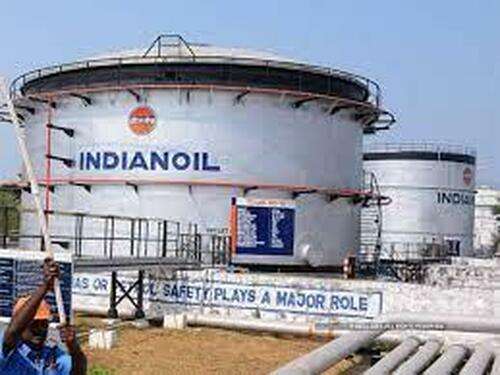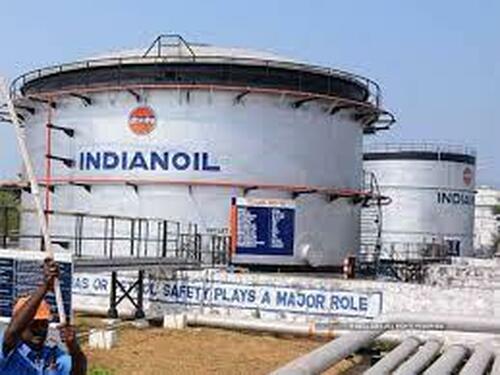By Charles Kennedy of OilPrice.com
Indian banks fear an end to the country’s major intake of discounted Russian oil in the wake of OPEC+ surprise production cuts, which have helped push Urals crude close to overrunning the G7’s $60 per barrel price cap.
According to The Millennium Post, citing an unnamed refinery executive, both the State Bank of India and Bank of Baroda have informed refiners they will not handle payments for oil bought above the limit.
In the meantime, Indian banks are very closely monitoring crude prices at ports, where costs of logistics are intermingled, making for a more complicated pricing mechanism, the Millennium Post reports, adding that “banks are demanding details on so-called free-on-board prices to ensure they fall at, or below $60 a barrel”.
Anything above that would trigger European Union sanctions, which prevent Russia from selling above $60 a barrel using G7/EU services and logistics.
While Russian oil has not yet breached the $60 mark, but is trading very close to that, if Brent ends up riding higher to the mid-90s, Urals will move up in tandem.
While key Indian banks are starting to get worried, Millennium Post cited a Mumbai refining executive as suggesting that buyers might start looking to different banks with less foreign exposure who are less risk-averse to falling afoul of the G7 rules.
The biggest OPEC producers in the Middle East and several other members of the OPEC+ pact announced early this month a total of 1.16 million bpd of fresh production cuts. Saudi Arabia, OPEC’s de facto leader and top global crude exporter, will cut 500,000 bpd and said that the move was “a precautionary measure aimed at supporting the stability of the oil market.”
The voluntary production reductions include big cuts, beginning in May and lasting through the end of 2023, from the top Middle Eastern producers who typically export sour and more heavier varieties of crude.
The surprise OPEC+ cuts have also led to Asia’s biggest oil importers snapping up June-loading spot cargoes from the Middle East after Saudi Arabia moved once again to hike the price of oil to the continent.








